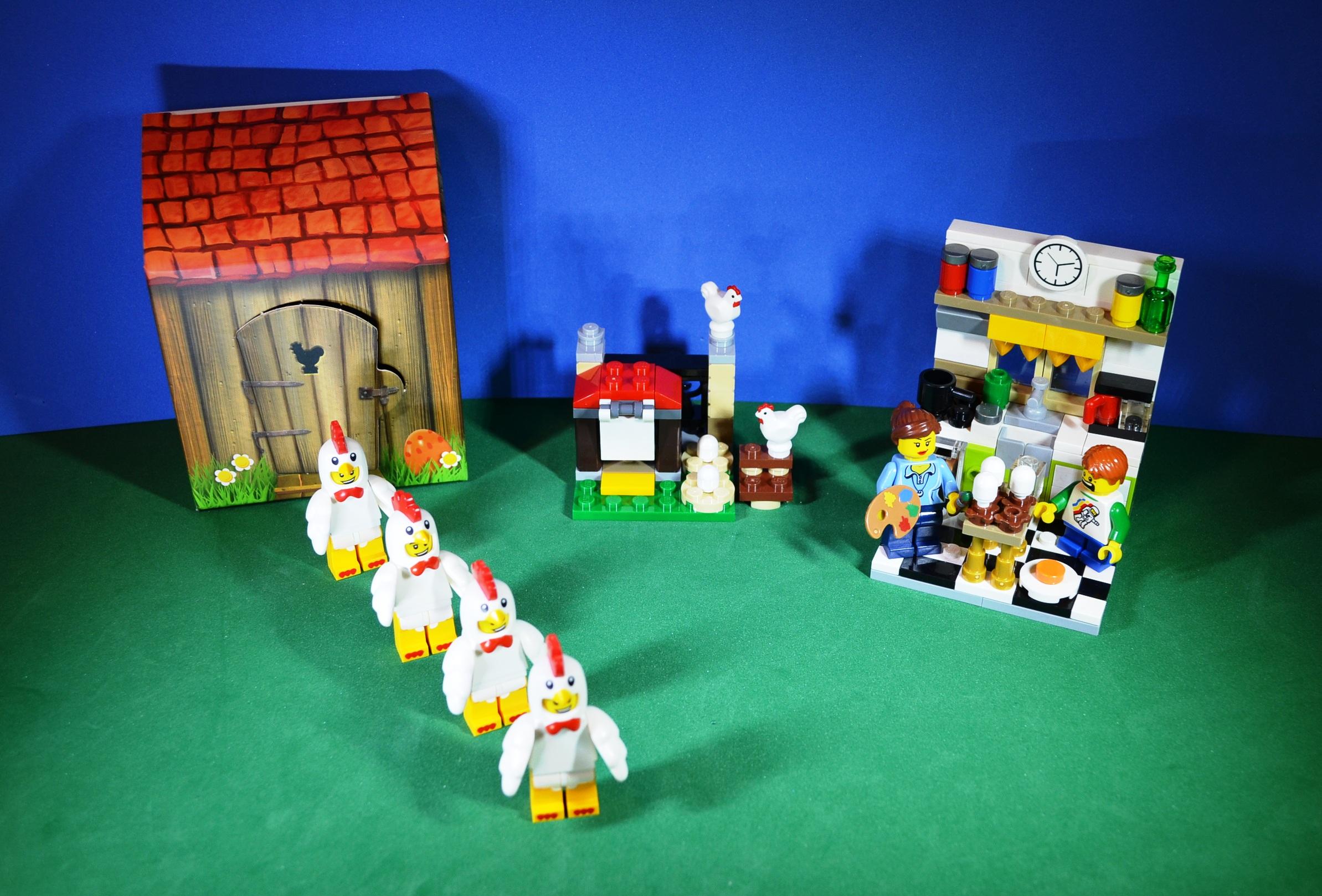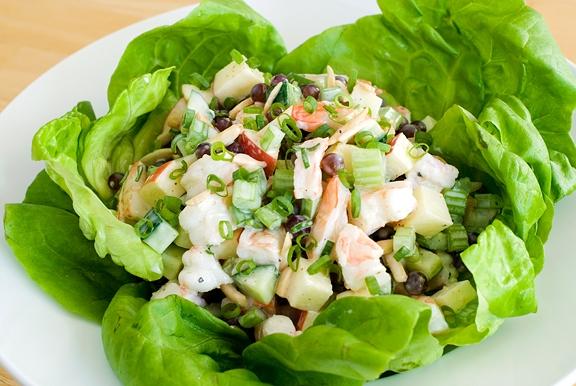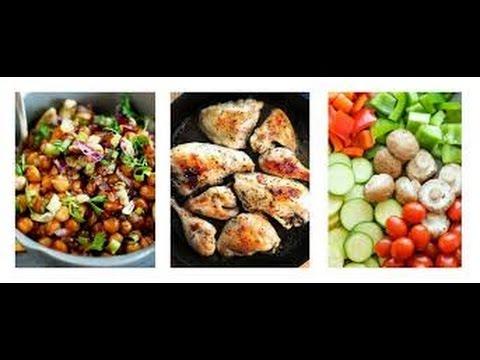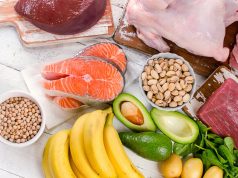Embarking on a journey toward sustainable weight loss can often feel overwhelming, with countless diet plans promising quick fixes and miraculous results. Yet, the truth is, meaningful and lasting change requires a thoughtful approach that prioritizes both physical health and emotional well-being. In this guide, we aim to navigate the intricate world of diet plans with empathy and clarity, focusing on strategies that not only help shed pounds but also nurture a balanced lifestyle. Whether you’re taking your first steps or seeking to refine your current path, this article will offer insights into the best diet plans designed to support sustainable weight loss, empowering you to make informed choices that resonate with your unique needs and goals.
Understanding Your Unique Nutritional Needs
Embarking on a journey towards sustainable weight loss begins with recognizing that every individual has unique nutritional needs. Your dietary requirements are shaped by various factors such as age, gender, activity level, and health goals. Understanding these personal nuances is crucial to creating a plan that not only supports weight loss but also promotes overall well-being.
- Age and Metabolism: As you age, your metabolism may slow down, requiring adjustments in calorie intake and nutrient density.
- Activity Level: Those with active lifestyles need more energy and specific nutrients to fuel their bodies efficiently.
- Health Conditions: Conditions like diabetes or thyroid issues necessitate tailored dietary approaches to manage symptoms and support health.
| Factor | Considerations |
|---|---|
| Age | Adjust calorie intake, focus on nutrient-rich foods |
| Activity Level | Balance energy needs with exercise intensity |
| Health Conditions | Incorporate specific nutrients to support conditions |
By acknowledging and respecting these individual factors, you can craft a dietary plan that not only aids in shedding pounds but also aligns with your lifestyle and health objectives. Remember, the best diet is one that fits seamlessly into your life, bringing you closer to your goals without sacrificing joy and satisfaction in your meals.

Crafting a Balanced and Enjoyable Meal Plan
Creating a meal plan that is both nutritious and enjoyable is key to maintaining a sustainable diet. The focus should be on balance and variety, ensuring that your body receives all the necessary nutrients while still allowing room for your favorite foods. Here are some tips to guide you:
- Incorporate all food groups: Aim to include a mix of proteins, carbohydrates, healthy fats, and plenty of fruits and vegetables in each meal.
- Portion control: Use smaller plates and bowls to help manage portion sizes. This can prevent overeating and ensure you stay within your daily calorie goals.
- Listen to your body: Pay attention to hunger cues and eat only when you’re truly hungry. This mindfulness can prevent emotional eating and promote a healthier relationship with food.
To help visualize how you can balance your meals, consider the following table, which offers a simple example of a balanced daily meal plan:
| Meal | Components |
|---|---|
| Breakfast | Oatmeal with berries and a handful of nuts |
| Lunch | Grilled chicken salad with mixed greens and vinaigrette |
| Dinner | Baked salmon with quinoa and steamed broccoli |
| Snacks | Greek yogurt with honey or a piece of fruit |
Remember, the goal is to create a meal plan that you can enjoy and stick with in the long run. It’s not about perfection but rather about finding a rhythm that works for your lifestyle and dietary preferences.

Incorporating Mindful Eating Practices for Long-Term Success
Mindful eating is more than just a trend—it’s a powerful approach to achieving sustainable weight loss. By tuning into your body’s hunger cues and savoring each bite, you create a healthier relationship with food. Here are some practices to help you incorporate mindful eating into your daily routine:
- Slow Down: Take time to chew your food thoroughly and enjoy the flavors. This not only aids digestion but also allows your brain to register fullness, preventing overeating.
- Eliminate Distractions: Turn off the TV and put away your phone during meals. Focus on the experience of eating to better connect with your body’s needs.
- Listen to Your Body: Eat when you’re genuinely hungry and stop when you’re satisfied. Respecting your body’s signals helps maintain a balanced intake.
Incorporating these practices can transform your eating habits and support long-term weight management. To help track your progress, consider keeping a food diary. Below is a simple table you can use:
| Meal | Hunger Level (1-10) | Mindful Practices Used |
|---|---|---|
| Breakfast | 5 | Slow Down, Eliminate Distractions |
| Lunch | 7 | Listen to Your Body |
| Dinner | 6 | All Practices |
Adopting these mindful eating strategies can pave the way for a healthier lifestyle, making your journey towards sustainable weight loss both fulfilling and effective.

Staying Motivated and Overcoming Common Challenges
Embarking on a journey towards sustainable weight loss can be both exhilarating and daunting. It’s crucial to stay motivated and tackle common challenges head-on. Here are some strategies to keep you on track:
- Set Realistic Goals: Break your weight loss journey into manageable milestones. This not only helps in tracking progress but also keeps motivation levels high as you achieve each target.
- Find a Support System: Whether it’s friends, family, or an online community, having people to share your journey with can provide encouragement and accountability.
- Celebrate Small Wins: Recognize and reward yourself for every small victory. This could be as simple as treating yourself to a movie night or a new book.
Common challenges such as cravings, plateaus, and time constraints can hinder progress. Here’s how to tackle them:
| Challenge | Solution |
|---|---|
| Cravings | Opt for healthy alternatives like fruits or nuts. Drinking water can also help curb sudden urges. |
| Plateaus | Mix up your routine with new exercises or dietary tweaks to keep your body guessing and progressing. |
| Time Constraints | Plan meals and workouts ahead of time. Quick, healthy recipes and short, effective workouts can fit into a busy schedule. |
Remember, the path to sustainable weight loss is a marathon, not a sprint. Stay kind to yourself and adjust your approach as needed to maintain motivation and overcome obstacles.








































